Oh, For the Love of Fats and Bacon Grease!
Now, let’s all be very calm and not jump to conclusions. Please don’t stop reading this because you’re under the assumption that fats are bad… fats aren’t the villains “They” have led us to believe. (you know “They” … “They” say fats are bad, “They” say to avoid cholesterol, “They” are a real pain in my a$$!)
Chaos seems to set in when I start talking about recipes that utilize fats like Bacon Grease… Sometimes I forget that many of you are not already accepting saturated animal fats as a part of a healthy diet and most people are still using the wrong fats all together in their kitchens. (it makes me super sad, it’s the kind of thing that keeps me up at night and compelled me to start blogging in the first place… I needed a bigger audience than my family & friends)
I don’t claim to be an expert in food science or a nutritionist, however I’ve spent the past 10 years of my life looking for answers to the same questions many of you have…. What should I eat? What is a healthy diet? What am I doing wrong?.
You name the dietary theory, I’ve examined it. I’ve researched it from every angle. I’ve tested and tried it. I found that by looking at the past, we can learn what has worked and what failed miserably. Look at where “WE” are right now, it’s easily to agree over the past 100 years we’ve been progressively failing our health. The more we’ve moved to unnatural processed foods and away from regular old fashion Real Food, the sicker we’ve become.
I don’t have a single bullet theory, there are so many factors that need to be addressed.. but getting healthy, quality fats back into our daily diets is a HUGE step toward the positive.
Now, I’m going to be honest.. I’m not the person who is best suited to explain all the details and scientific data on healthy fats, but I am going to give you direct links to all the information you need to become as informed as I am. Sometimes it’s best to leave things to the experts, which I am not….. These are my favorite Fat-Links below:
- The Diet-Heart Myth: Cholesterol and Saturated Fat are not the Enemy by Chris Kresser
- The Soft Science of Dietary Fat by Gary Taubes
- Know Your Fats : The Complete Primer for Understanding the Nutrition of Fats, Oils and Cholesterol by Mary Enig
My role in your healthy journey it helping you translate what healthy ingredients you NEED to have in your diet into HEALTHY FOOD you can put on the table for you and your family to enjoy! We do eat a LOT of healthy FATS at our house, the way we cook and the foods we eat are often determined by healthy fats. In addition to the healthy cooking fats I’m going to discuss below, we also consume whole eggs, avocados and sardines as a part of our daily diet, variety is the spice of life and also FATS!
There are 2 types of “cooking” fats we use in our kitchen: Animal Fats & Plant Fats. (When I use the term “cooking” fats, I speaking in general terms of fats we use on foods or in preparation of foods, because not all are good for heated use)
Types of Healthy Animal Fats we use:
- Tallow – Beef Fat, aka Suet, is fat from a cow that is rendered down into Tallow.
- Lard, Pork Fat & Bacon Grease – Pork Fats are generally broken down into 3 categories; lard, other rendered pork fat and bacon grease (bacon fat, bacon drippings, etc) . Leaf Fat, which is the fat that surrounds the kidneys and loin, is rendered into Lard, it’s the best fat on a pig. Lard is considered a pure fat with a delicate flavor. All other pork fats can be rendered down the same way but are not as good as Lard, we just refer to those rendered fats as “pork fat.” Bacon Grease is the byproduct of cooking bacon. When you cook bacon, you are essentially rendering the solid fat into a liquid by heating, however instead of resulting in a mild/flavorless fat like lard or other rendered pork fats, it has been flavored by the seasoning/brine/smoking of the bacon. It can be used in place of any cooking fat, where the flavor of bacon would be yummy.. I even use is as the fat in the dressing for my Wilted Lettuce Salad.
- Schmaltz is rendered poultry fat, most often from chicken but can be from a duck or goose. (click HERE for more on making/using Schmaltz) Schmaltz is used frequently in traditional Jewish cuisine as both a cooking and seasoning fat.
- Butter & Ghee is made from Dairy Fat. When milk that has not been homogenized is allowed to sit undisturbed the cream (fat) will rise to the top (just how the fat from homemade soups/stocks/broths will rise to the top when you refrigerate it) Cream is churned (by adjitation) which causes the fat to separate from the liquid, the fat is butter. Butter can be made into Ghee when the butter is heated causing the milk solids/caesin to separate and can be removed, leaving only a pure butter fat. (click HERE for info on making Ghee)
Types of Plant Fats we use, these are little more self explanatory 🙂
- Coconut Oil is made from coconuts. It’s solid at room temperature and becomes liquid around 76 degrees F.
- Olive Oil is made from olives and it best used for salad dressing and other NON-HEATED foods. While olive oil is very healthy it becomes less healthy when heated…. stick to the other fats for cooking!
Did you notice many of the most popularly used fats aren’t on my list? There’s no canola oil, vegetable oil, soy, grapeseed, corn oil etc.. because they are the worst fats for you to ingest. Stop reading this and go throw them out right NOW….
You just tossed those yucky oils right?? If you didn’t toss them yet, please promise me you will later, ok?? Don’t forget to recycle those bottles!!!
One last point when talking about Healthy Fats, when selecting healthy fats, as with any food you eat, it’s vitally important to focus on QUALITY instead of quantity. Yes, quality foods are more expensive but they are more nutritious for your body. Animal Fats that you eat need to come from animals that were raised in sunshine and eating the foods their bodies were naturally designed to eat. Healthy animals make healthy food for us and keep our eco system on our planet healthy.. where as the cheap-factory-farm model produces sick animals that aren’t nourishing for our bodies and are contributing to the destruction of our farm land.
As we’ve progressed on our healthy journey with real foods, we’ve become more and more aware of our responsibility to utilize MORE of the animals that we use for food. It’s also about baby steps 🙂 I feel the 2 most under utilized fats in todays kitchens are Bacon Grease and Schmaltz. They are both highly versatile and are essentially FREE!
I’m dedicating an entire separate post to Schmaltz, the other yellow fat… coming soon….
Never throw away the bacon grease/fat/drippings that are left after you fry bacon…always save it. Keep a jar of bacon grease in the fridge, keep adding to it each time you make bacon (I just pour mine directly in the jar though a small metal strainer)…. you can then use your bacon grease as a cooking fat whenever a bacon flavor would be beneficial.
Here’s some ideas of when to use bacon grease:
- Fried eggs taste heavenly when cooked in bacon grease
- Saute onions & mushrooms in bacon grease to top a steak
- Make a warm salad dressing for spinach salad or use in my Wilted Salad
- Greens are best cooked in bacon grease
I hope all of this wasn’t too overwhelming for you. I try to keep my posts short and sweet but sometimes I need to give you lots of information 🙂
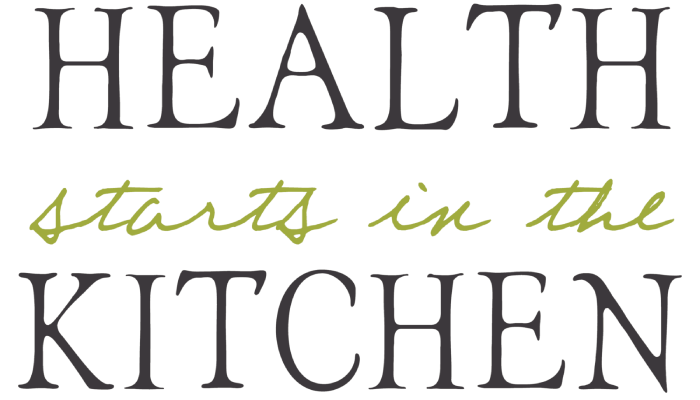
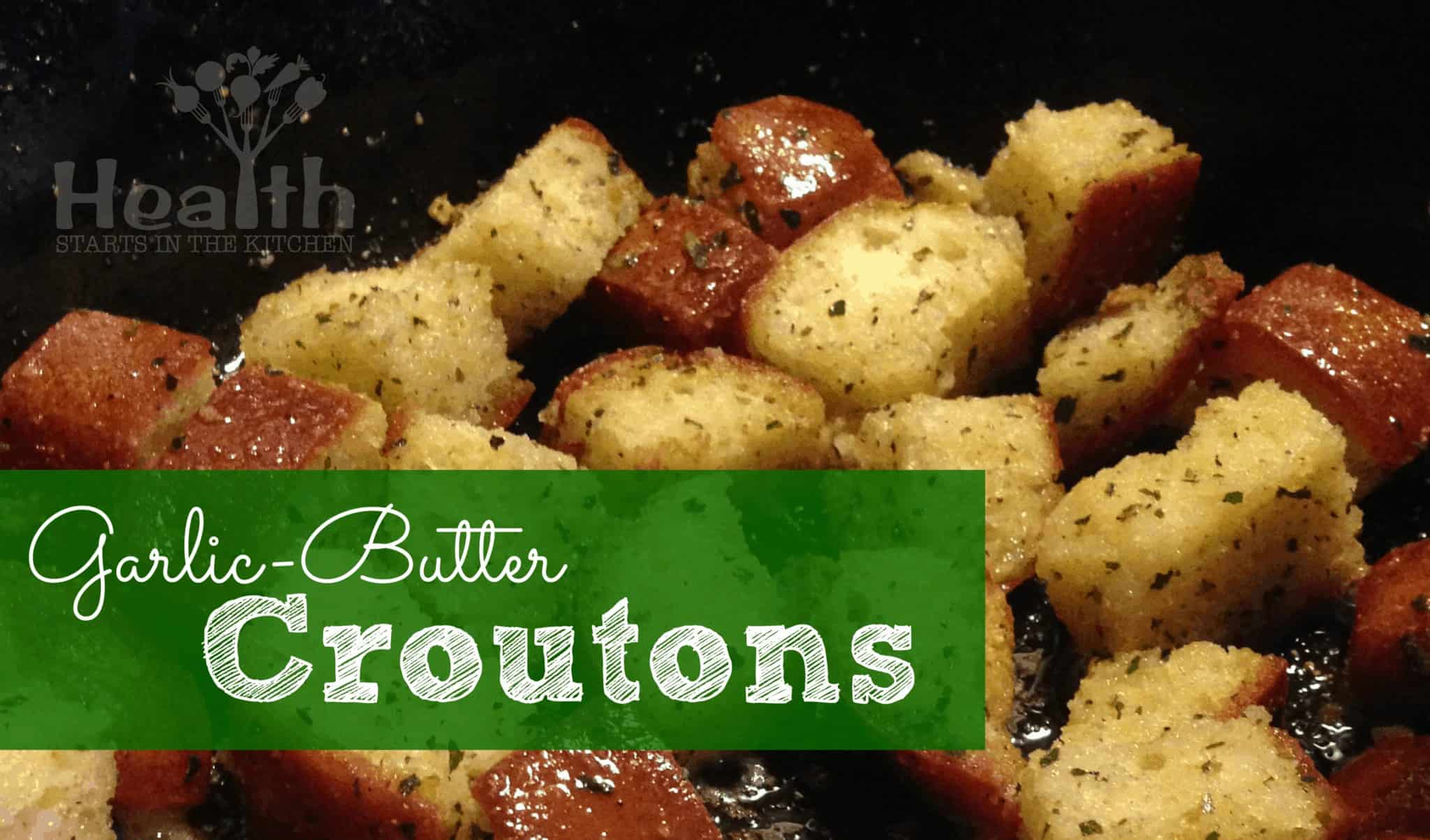
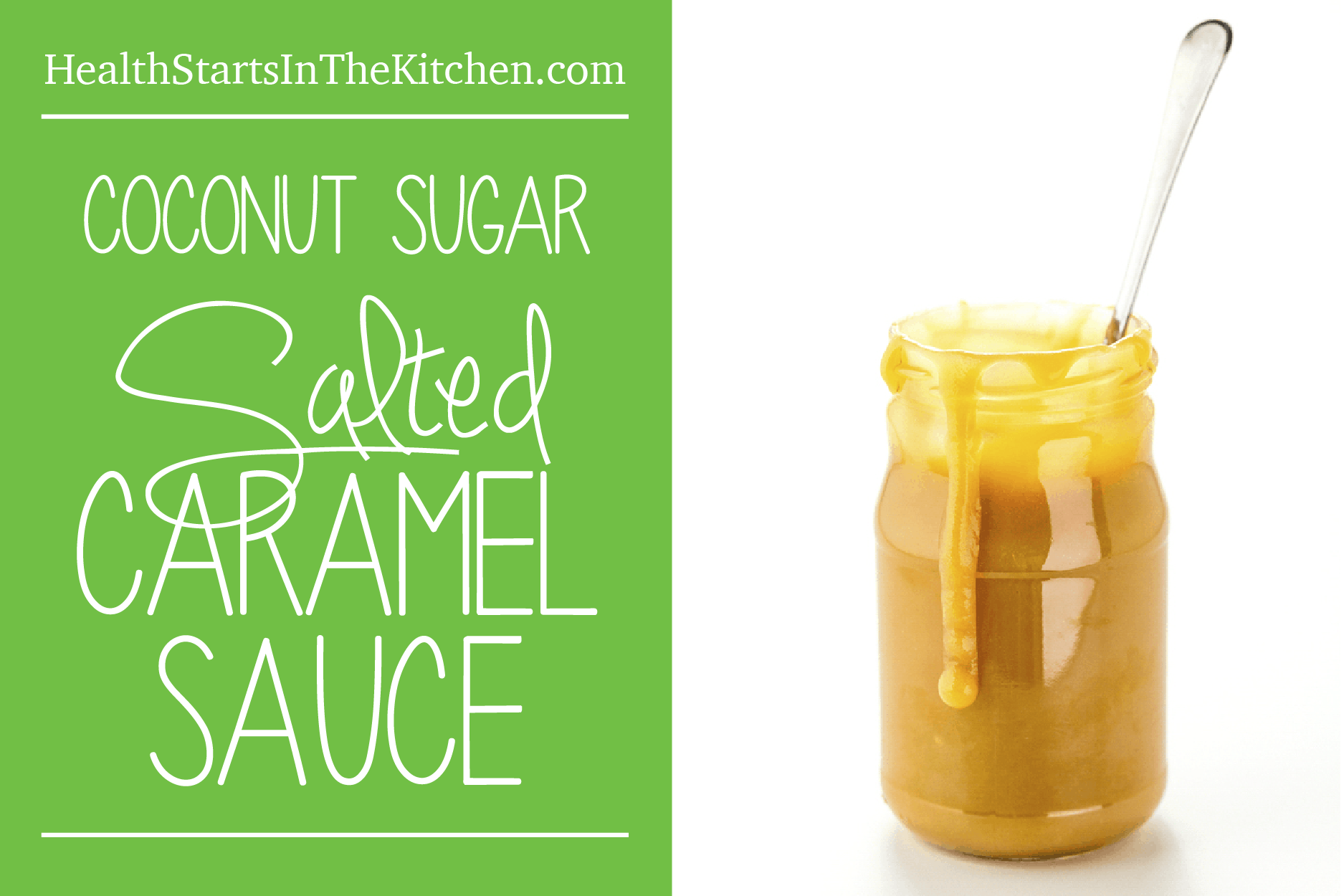
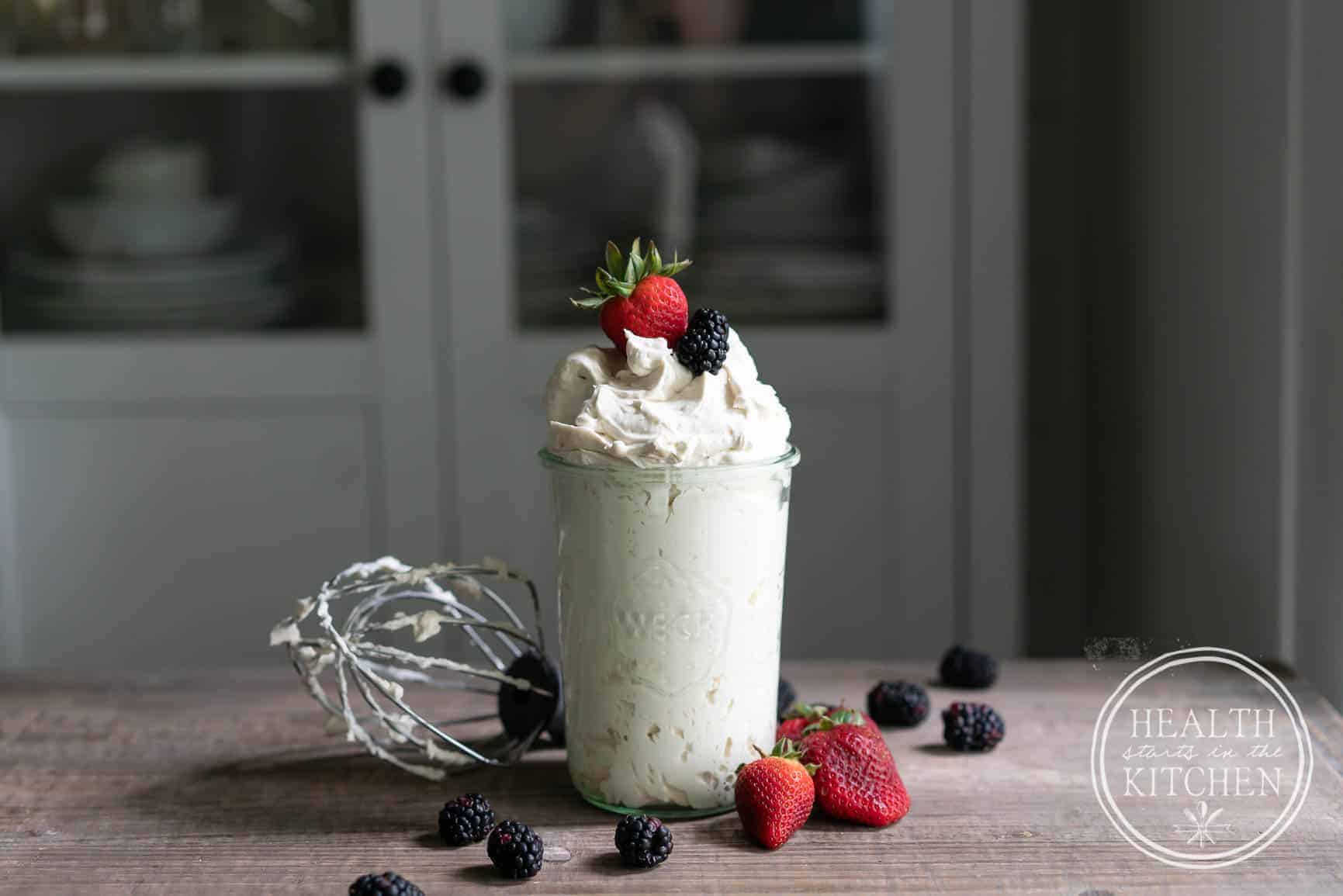
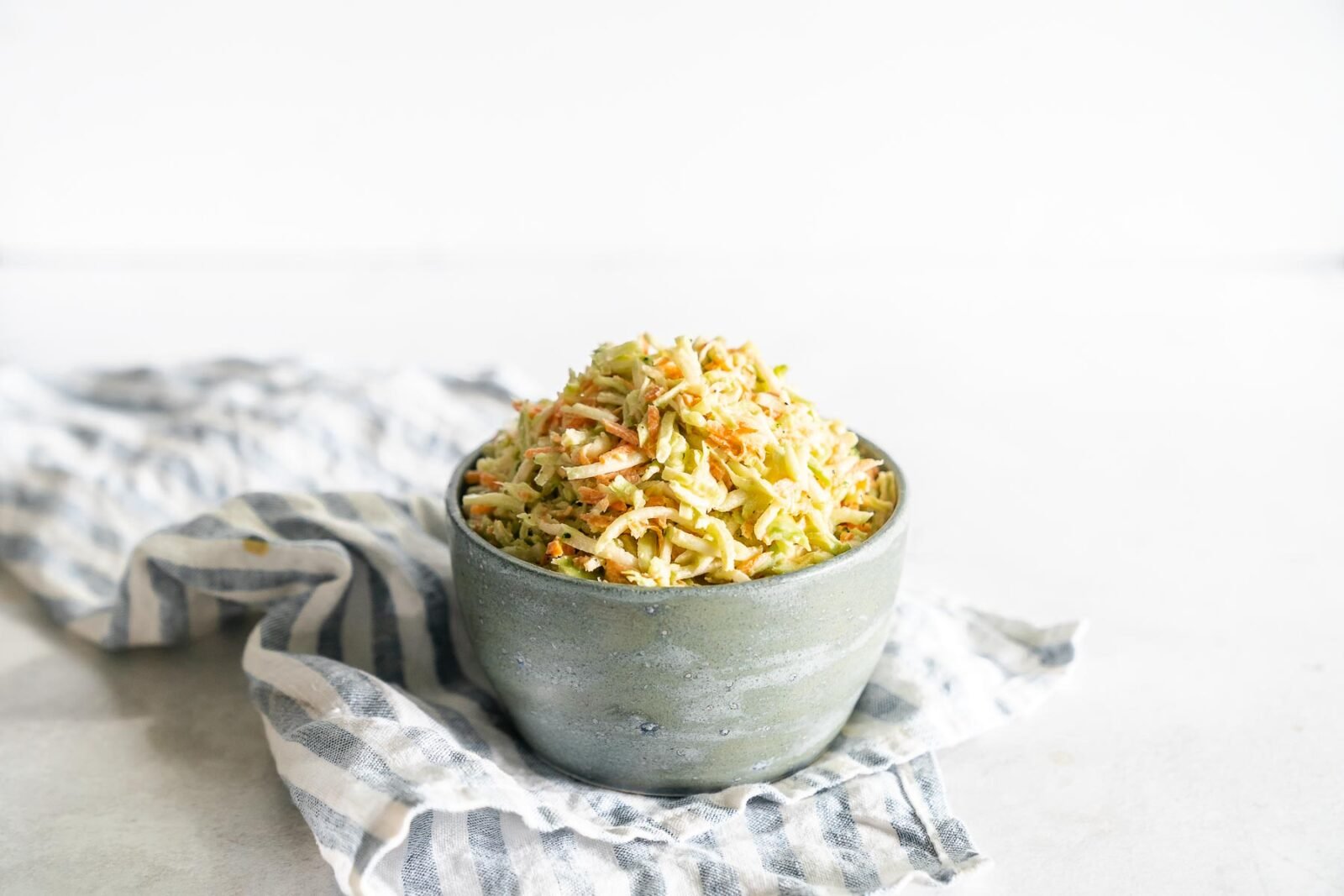
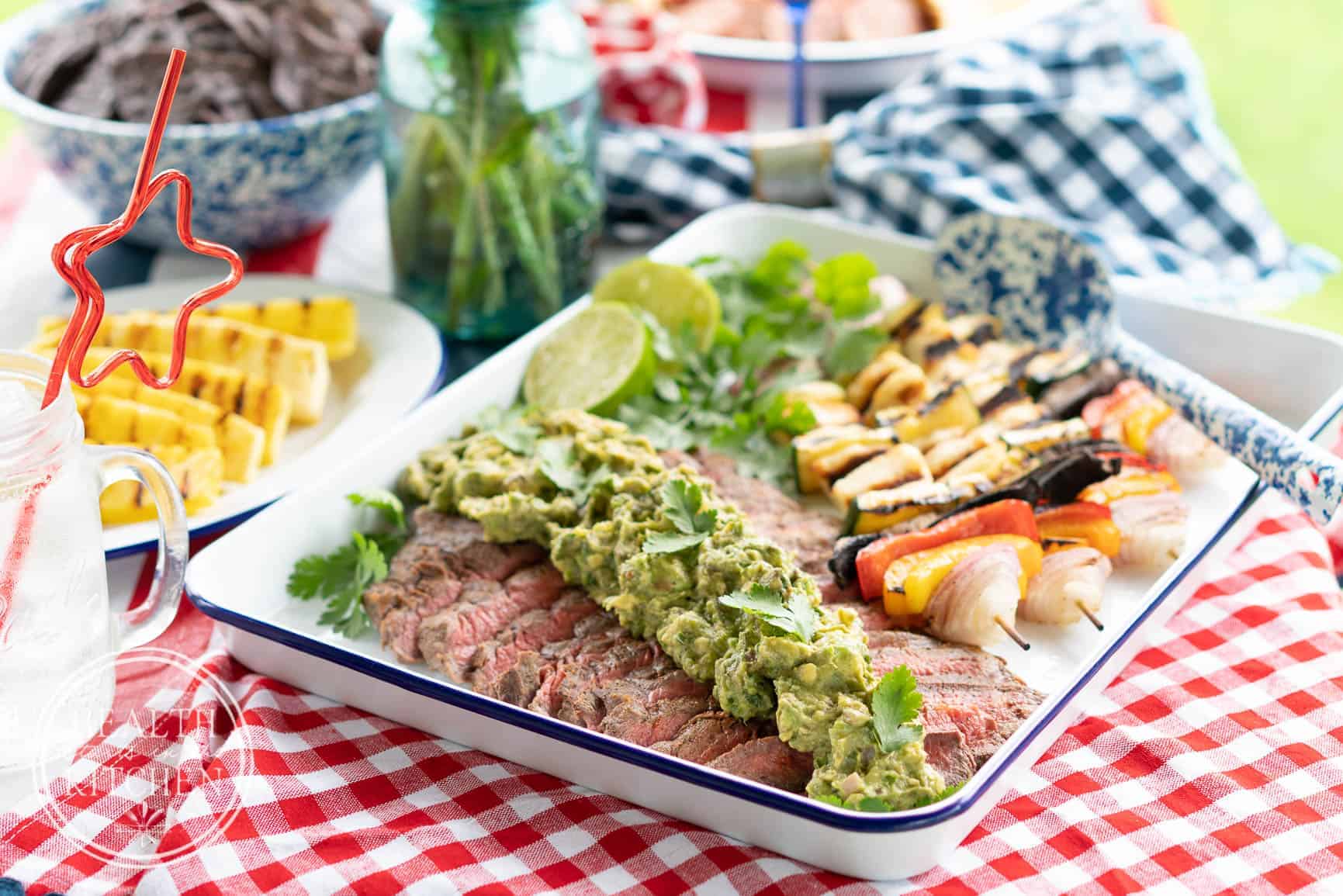
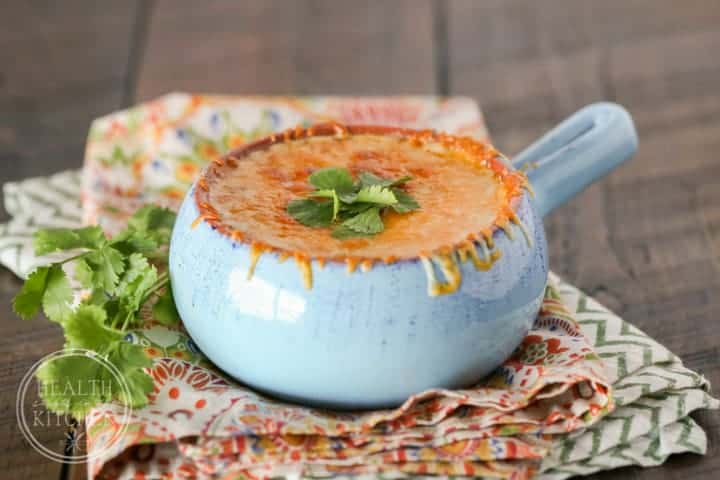
A tip for collecting bacon grease: pour slightly cooled bacon grease into a small mason jar, top with water, and place closed mason jar upside down in your fridge. The water and fat will separate leaving the water (with all the black bits) at the top of the jar. Once the fat has hardened, pour out the water and enjoy the left over black-bit-free fat.
Awesome read! I’ve been a fan people like Ken Berry, Dominic D’Agostino,Shawn Baker and the MindPump crew. It’s enlightening to continue hearing people not bull shitting around with diet and nutrition. Keep up the good work. I’ve book marked this for future reading.
I use my mother’s old North Dakota farm recipie for ginger snap cookies which includes about a cup and a half of bacon grease. Best cookies ever!
Why are canola/vegetable oil/corn oil etc. bad for you? More info needed as to the WHY. Also, are butter and bacon grease essentially nutritionally the same thing for your body? Something makes me feel like eating bacon grease chronically as a substitute for butter would be unhealthy….. Just wondering before my husband starts substituting it on all his toast…. LOL.
Marianne – I provided you with wonderful resources in my post as links to books to read which comprehensively answer your questions.
Look for grass-fed butter, it has clean ingredients. It’s easy to eat too much bacon fat and you need to get the healthy type of bacon without added nitrates. Trader Joes sells healthier meats. I cook with avocado oil, it has a high heat point with no change in flavor. I enjoyed this article, Lord Bless you
So, supposedly, nitrates in bacon are not a problem and you get just as many nitrates from celery and green, leafy vegetables. ALSO, the bacon labelled “no nitrates” actually contains MORE nitrates because of a USDA loophole allowing the nitrates to not be reported when they come from “natural sources” such as celery powder. I’m no expert, and I’m sure this isn’t 100% accurate, but hopefully it will encourage others to research 1. whether the nitrates are actually a problem, and 2. how the labelling on our food products can be misleading.
Not sure where I got the idea that grapeseed was a good alternative. Thanks for prompting me to do some research. I also didn’t see Avocado oil on your list (either good or bad). Happy to say that I got the others right (including my favorite jar of bacon drippings in my fridge) What oil do you suggest for frying? While I try to do so as little as possible, I’m Italian and passing on family tradition includes a good chicken cutlet, meatballs and frying some eggplant every so often!
Lard is the best for frying but keep the temp to 350F max.
I use avocado oil as a mild tasting oil for dressings too!
Can we use bacon grease to season our Vintage Griswold cast iron skillets once cleaned via electrolysis?
I know this is an old post, but I would include duck fat as another healthy animal fat. Plus, it’s absolutely delicious!
We roast a duck a few times a year, and due to the thick fat layer ducks have, it produces copious amounts of the stuff, and it’s similar to schmaltz, but I find it has a richer taste.
Hi, Hayley,
I work as a shelver in a library. Your book, “Without Grain,” came in as I was doing check in the other day. I stopped to skim it and then checked it out myself. I have read the introduction and half of Chapter one. I have two questions so far.
1) I see “cooking fat” listed in the ingredients list in many recipes. Exactly what should I use for that. Lard?
2) My son and I are both lactose intolerant. We are both still having symptoms (chronic runny nose, lethargy, forgetfulness) even after avoiding it. Do you have any suggestions for how to be sure a recipe that is both lactose free and gluten free turns out well?
Thank You.
1 – Cooking fats are covered on page 22
2 – I would eliminate ALL dairy in addition to ALL grains.
While yes, I have a cookbook with yummy fun recipes and this blog, I actually wish more people understood that those aren’t the core of a healthy diet. Eat Animal Protein & Fats with Veggies for 90% of your nutrition. The baked goods and extras are what always get you mixed up. Keep things simple for 90 days and reevaluate if you are feeling better, only after you feel an improvement should you add other foods in.
I can barely read your page (And I’m not even going to try) because you use that stupid light grayed out text color designers think is so stylish but people can barely discern from the background.
Congratulations. You get the stupid style over usability award … and one less reader …
Bye Felicia!
This is a solid article. I challenge anyone who doesn’t believe any of this to do their own research. I did a lot of digging online and read a lot of research papers and I came to the same conclusion on the oil choices…. even not heating olive oil.
A lot of the current beliefs were put forward by Ancel Keys in the 1950s. If you look back at his research, it was horrible science! He did everything to prove his hypothesis correct as opposed to trying to prove himself wrong. Thats not how science is supposed to work. All of this during a time when heart disease was exploding (this was a new issue at the time). Sorry for the rant! Its just very sad to think how many people this high carbohydrate diet has killed and/or sickened. I challenge you to do your own research.
Fats are not the enemy!!!
It’s not my first time to pay a visit this site, i am browsing this web page dailly and take good facts from here every day.
Only a notice to say that your recipe is churning in my ice cream maker right now.
You said that coconut oil and olive oil are the only healthy vegetable fats, but that olive oil should not be heated up. Does that mean that coconut oil is the only vegetable fat I should be cooking with?? Will that not make everything I cooke taste different?
I only use olive oil for cold applications, I don’t heat it since it can loose healthy benefits from high heat. Coconut oil is always safe at high heats.
Quality posts is the main to invite the users to visit
the site, that’s what this web page is providing.
Hi everyone, it’s mʏ firs pay a visit аt this web paǥe, and post is iin fact fruitful іn favor οf me, keeр սp posting these content.
Great post. I was checking continuously this blog and I’m impressed!
Extremely helpful information specially the closing phase 🙂 I take care of
such info much. I used to be seeking this particular information for a long time.
Thanks and best of luck.
Asking questions are genuinely pleasant thing if you are not understanding anything entirely,
however this article provides pleasant understanding yet.
Can you tell us more about this? I’d love to find out some additional information.
Can you be more specific? I included reference links in the post, did you check those out?
Sweet blog! I found it while surfing around on Yahoo
News. Do you have any suggestions on how to get listed
in Yahoo News? I’ve been trying for a while but I never seem to
get there! Cheers
You just told me that lard is good and that canola is bad, but you haven’t told me why or how. If you want to project opinions on these matters, you have to be scientific and specific.
The age where ppl take advise just because it comes from the media is over. By the way, i think you’re very wrong.
Abim – perhaps if you’ve read my post you’d see the section where i CLEARLY link you to reference materials regarding healthy fats.
“Now, I’m going to be honest.. I’m not the person who is best suited to explain all the details and scientific data on healthy fats, but I am going to give you direct links to all the information you need to become as informed as I am. Sometimes it’s best to leave things to the experts, which I am not….. These are my favorite Fat-Links below:
What are safe cooking fats and oils by Balanced Bites
The Diet-Heart Myth: Cholesterol and Saturated Fat are not the Enemy by Chris Kresser
The Soft Science of Dietary Fat by Gary Taubes
Know Your Fats : The Complete Primer for Understanding the Nutrition of Fats, Oils and Cholesterol by Mary Enig”
Feel free to SCROLL UP to the original post to click on the links. or just go about your life ‘thinking’ I am wrong and enjoying your toxic canola oil while I enjoy a vibrant, healthy, long life 🙂
I agree with you. Bacon grease is my favorite oil of choice. Real butter is my second. My great grandmother always had a can of bacon grease near the stove, my mother did as well and so do I to this day. Most our extended family members do the same. We do not have cancers in the family. No diabetes. My great-grandma,who came to California in a covered wagon, had cookie recipes that all asked for Lard as the fat ingredient.
We all love our eggs cooked in bacon grease or real butter. Butter has also been a big big staple of our families. I am not a doctor and do not pretend to know anything about anyone else s health or eating concerns. I am just here to say I agree with this article. Sam
Hello, I was wondering why grape seed oil is not good to cook with? I thought it was? Thanks!
Hi Gaby – This link is in my post (above) but I’ll link it here for you too
http://balancedbites.com/2013/02/faqs-what-are-safe-cooking-fats-oils.html